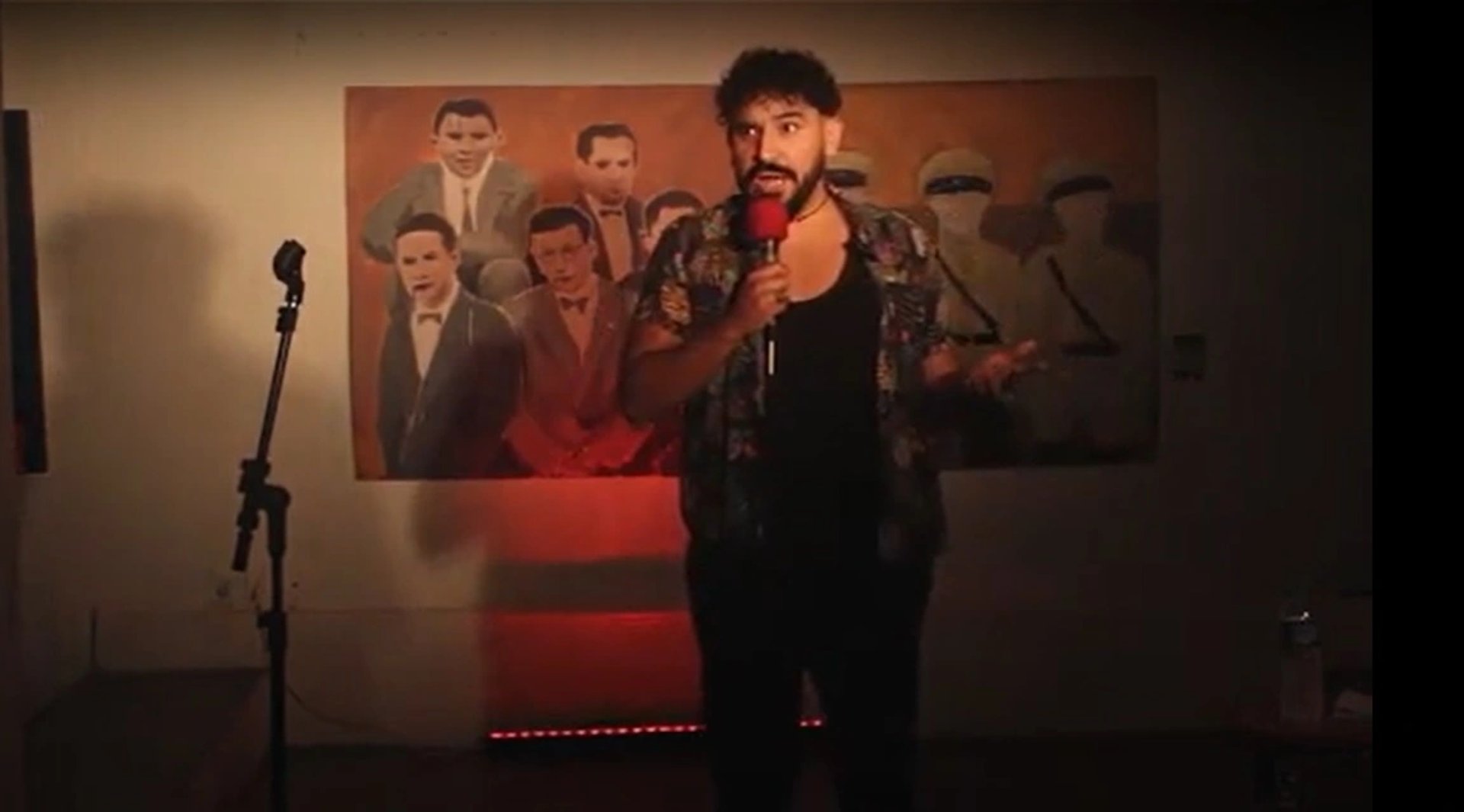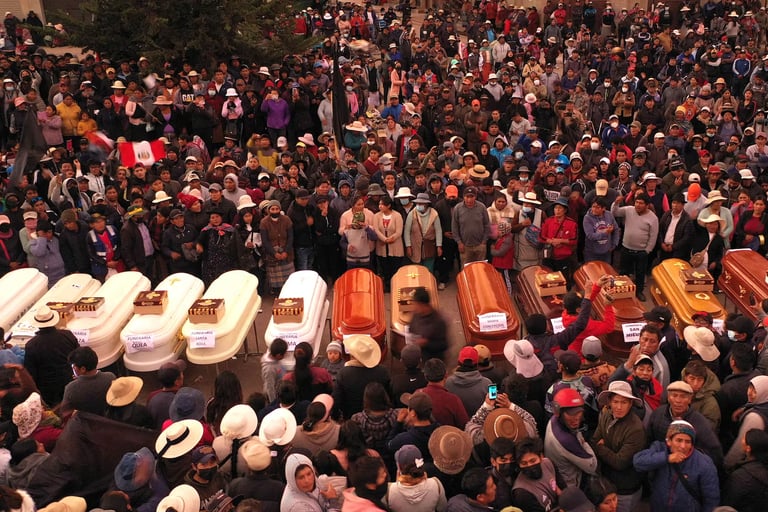
Peru: Racism and Police Repression in the Spotlight – A Reflection Through Comedy
Discover how racism and police repression in Peru affect indigenous communities. Through comedy, we reflect on the systemic inequalities that perpetuate these problems. Join the conversation about social and economic justice.
Edú Saldaña
9/24/20243 min read
Comedy and Social Awareness: The Reality of Peru from the Stage
Comedy has always been a powerful tool for exposing uncomfortable truths. From the laughs we share on stage to the deep debates that arise after a show, I firmly believe that humor can be a vehicle for generating social change. During my latest stand-up performance, I touched on issues that deeply affect our society: racism, police violence, and the systemic oppression of indigenous communities in Peru.
In December 2022, Peru witnessed a brutal repression against protesters who were demonstrating against the government. Under the mandate of President Dina Boluarte, almost 50 people, including minors, were killed by security forces. Why? Because in Peru, being indigenous is an implicit crime. According to a report by Amnesty International, the Peruvian state has shown lethal and discriminatory repression toward its most vulnerable citizens. In cases like that of Edgar Prado, a 51-year-old man who tried to help an injured person, or David Atequipa, a 15-year-old boy killed while on his way to work, the brutality was extreme and disproportionate.


Racism and Violence: A Silenced Reality
Police brutality against indigenous protesters is not an isolated phenomenon. According to DW and The Washington Post, police violence in Peru reveals a deep contempt and institutionalized racism. In a country where racial discrimination is ingrained in the structures of the State, indigenous people face not only abandonment but also active violence from those who should be protecting them.
But the most alarming thing is how normalized racism has become. In my stand-up, I joked about how racism is treated differently in soccer and on the streets. While a Peruvian soccer player was arrested for racist attacks in Brazil, racism in Peru remains unpunished. This lack of accountability fosters a cycle of violence and impunity.
The Role of Comedy in Social Communication
Comedy has a special power in communication. According to a study published by Sociology Compass on the use of humor in transmitting social messages, comedy can unite people and provoke deeper reflection on complex problems. Comedians like Dave Chapelle have shown that humor can be a tool for highlighting social injustices. In my show, I used comedy as a way to expose the reality of Peru, while making my audience reflect on issues like racism and police brutality.
In this context, laughter is not only a tool of escape, but also a tool of struggle. A study by Malmö University explains how comedy, when used properly, can move people towards greater social awareness.
The Impact of Racism on the Economy and Social Development
Racism not only has social and cultural consequences but also economic ones. In Peru, violent repression against indigenous communities not only reflects a human rights issue but also an obstacle to economic development. Structural racism limits access to opportunities, education, and basic services, affecting millions of Peruvians.
In my show, through satire, I expose how this systemic violence becomes normalized in our societies. Inclusive economic policies proposed by the EPOG program, with a focus on social justice, are crucial to eradicating these problems. If we do not address the economic roots of discrimination and inequality, we will continue in a cycle of poverty and violence. Comedy is my way of drawing attention to these injustices, but the real solution requires systemic change, where education and economic reform become priorities.
Comedy as a Tool for Social Transformation
Comedy has the power to change mindsets and challenge the status quo. It's no coincidence that in times of crisis, comedians like Dave Chapelle use the stage to expose truths that many prefer to ignore. Comedy can be a tool for transformation, and this is precisely what I aim to achieve with my show: a critical reflection on Peruvian society and the problems we face, from racism to corruption.
The EPOG program focuses on structural transformation at the economic and social levels, and my comedy aims to be part of that conversation. If we can use humor to raise awareness about the need for economic justice, then we are taking a step toward a more inclusive future. Just as EPOG proposes solutions based on equity and sustainable development, my comedy is an invitation to rethink our beliefs and actively participate in building a more just society.
If you’re interested in continuing to laugh and reflect on these issues that affect us all, I invite you to watch the full content of my stand-up comedy show. We won’t just laugh at the harsh realities, but we will also seek together how we can build a better future. See you on stage and in reflection!

Kunan Project
We use humor to break down complex issues, connect communities, and build a more inclusive future
© 2025. All rights reserved.
info@kunanproject.com
